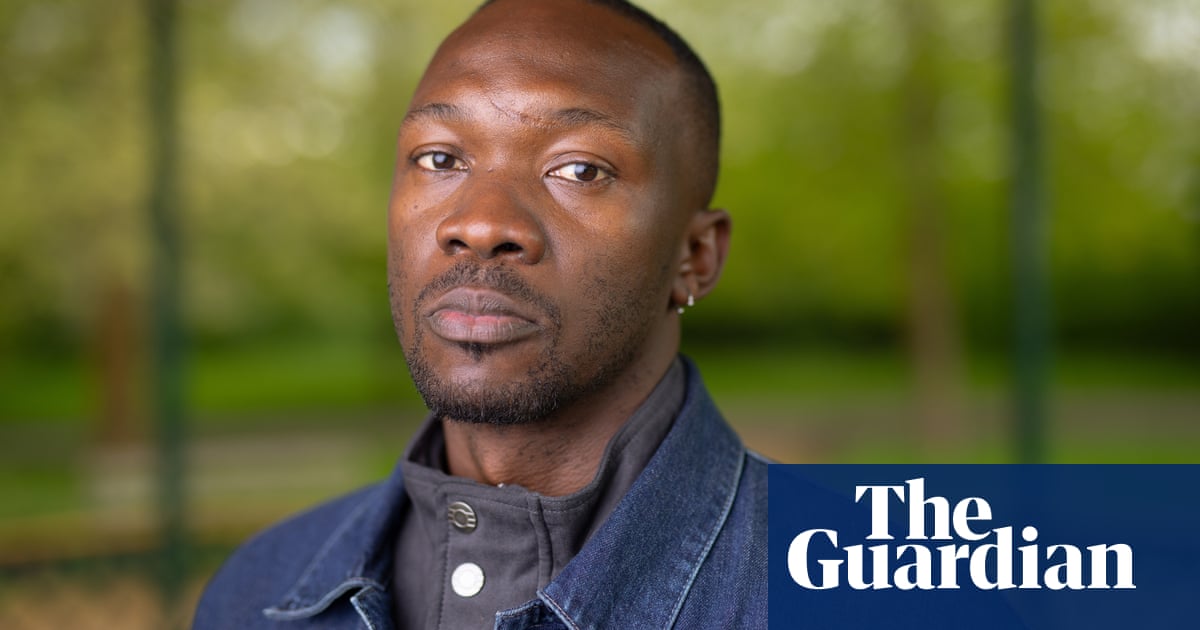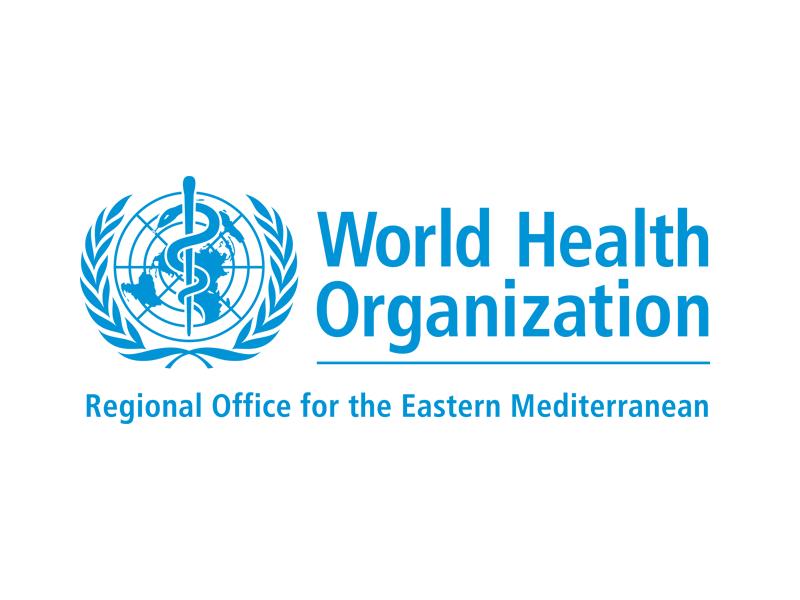
Driving to work one morning last summer, Brian Aliganyira was forced off the road and into a ditch by motorcycle riders surrounding his car on both sides. He was left bruised, and still suffers from shoulder pain.
He later received a text message saying he had been targeted because of his work, running a health clinic for the LGBTQ+ community in Kampala, Uganda. The message said his assailants wanted to “protect children”.
“The narrative has been created in Uganda that once you operate as an organisation [like ours], or an activist, you’re recruiting children into homosexuality,” Aliganyira says.
Ark Wellness Hub, founded by Aliganyira, 36, in 2019, is operating in an increasingly hostile environment. A Ugandan law, passed last year and only partially amended after a court challenge, imposes penalties of up to life in prison for consensual same-sex relations. “Aggravated homosexuality” is punishable by death and the “promotion of homosexuality” can lead to up to 20 years in jail.
Aliganyira is matter of fact as he sets out the issues the law has caused for health workers providing care to gay people. “If you support people and you’re providing services, and you give them lubricants, you give them condoms, you give them sexual health information that is tailored to LGBT people – this is for you to be accused of promoting their sexuality.”
The clinic has had to remove health information leaflets aimed at the gay community and cannot provide the “complete healthcare” with frank conversations that people need, he says.
It has also made staff wary of new patients, Aliganyira says. Propaganda circulating on social media accuses the clinic of people trafficking and “recruiting” children into homosexuality.
Aliganyira says “spies” come to the clinic attempting to trick staff into admitting that those false allegations are true.
“[They ask] do you link people to get ‘a sugar daddy’ somewhere abroad? Do you want to take me abroad?” he says. “I’m like, sorry, we only provide health services.”
The national NGO regulator visited the clinic last summer “and asked us so many questions about our legality to operate”, he says. “They asked questions around our registration, what our primary purpose is … like trying to figure out loopholes in our legal existence.”
At the same time that the law is restricting what services the clinic can offer, the anti-LGBTQ+ environment is exacerbating health problems, Aliganyira says. People have lost jobs, been evicted or been unable to continue their studies because their family withdrew funding, because of the law, he explains. Some are turning to transactional sex “to survive”, or become dependent on potentially abusive partners.
It has shifted the type of work Aliganyira and his colleagues are doing from medical care to social support aimed at creating “safety and security”.
Meanwhile, myths are filling the vacuum left by the lack of clear public health information for the community.
One young man came to the clinic and requested PrEP, medication taken regularly that can protect against HIV infection, Aliganyira says. The patient was living with and dependent on a partner who had multiple other sexual partners.
He came to the clinic monthly to collect refills of the medication, but on the fourth visit tested positive for HIV.
“He was quiet for a couple of minutes. Then he said he never swallowed that PrEP,” says Aliganyira.
While he had been collecting the medicine, he had been persuaded not to take it. “He says, ‘I went back home and I told my friend about it. And they told me it’s a lie. They even showed me a video online that says those medications are supposed to turn me from being a man into a woman, that they’re lying to us.’”
He describes other patients whose care has been compromised by the anti-LGBTQ+ environment. They include a couple with HIV living in a refugee camp who had to travel eight hours by bus to Kampala to get the antiretroviral medicines (ARVs) that stop the virus replicating in the body.
A transgender woman was attacked and beaten late last year, he says, and taken to a hospital emergency department. When the staff treating them realised they were transgender, “they called the press, instead of giving the person the care they needed”.
Only eight hours later did the patient, by then in a coma with a swollen brain, come to the attention of a sympathetic doctor at the hospital who called the clinic. “Our clinic also doesn’t have the capacity to handle that kind of case,” says Aliganyira, but they were able to coordinate treatment at a private facility.
“That shows you how much homophobia supersedes the value of someone else’s life,” he says.
The clinic has a core staff of eight. Last year, three quit “because the environment was very disturbing for them”, says Aliganyira. “So many threats from outside. Also some of their families were telling them to quit that kind of job, because it was illegal. We have a very strong attachment to our families, to tradition and to religion. So three of our doctors left last year because of that pressure.”
Many patients assumed the clinic would not be able to continue.
“The whole propaganda, the whole debate led to the decrease in terms of clients accessing services. They were scared. They feared coming to the clinic. They feared even being called for things like follow-up.
“Clients who used to come and pick up test kits would not pick them up. Clients who were living with HIV had trouble coming back and picking [up] their ARVs.
“It was really, really hard to interact with clients.”
He says that sometimes the clinic would reach out to clients who had not picked up a refill, and hear: “Oh, you guys are still open, I thought you were closed.”
Asked what it felt like to hear accusations that Ark was trafficking or corrupting people, Aliganyira is lost for words.
“It’s the worst form of,” he begins, falling silent for a moment.
“I don’t know … there are some things where you can’t even explain. Where even trying to explain, something cannot come out.
“Everyone knows that’s not what you do. But you can’t even explain it. Basically, it’s like you’re being judged in front of everyone for something you can’t even defend yourself against.”
He describes a video on social media with thousands of views that made false accusations about the clinic, saying “we recruit children, we give people money to come out, we recruit them to homosexuality, all these kind of things”, he says. “And I watched this video with a lot of pain.”
Aliganyira says international support can offer the clinic some protection, adding: “We need more of it.”
He worries about the future, and that rates of HIV and other sexually transmitted infections will increase. The repression of LGBTQ+ people is already causing an uptick in mental health problems, he says.
“I do see a lot of problems coming, and I do see them right now.”












